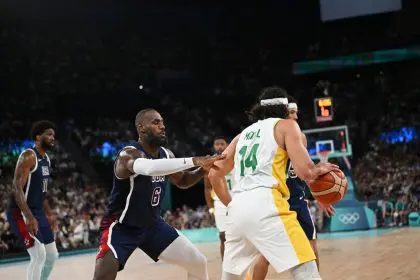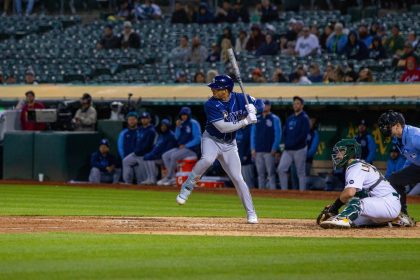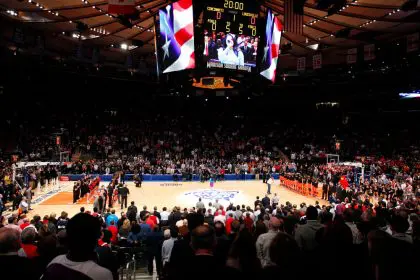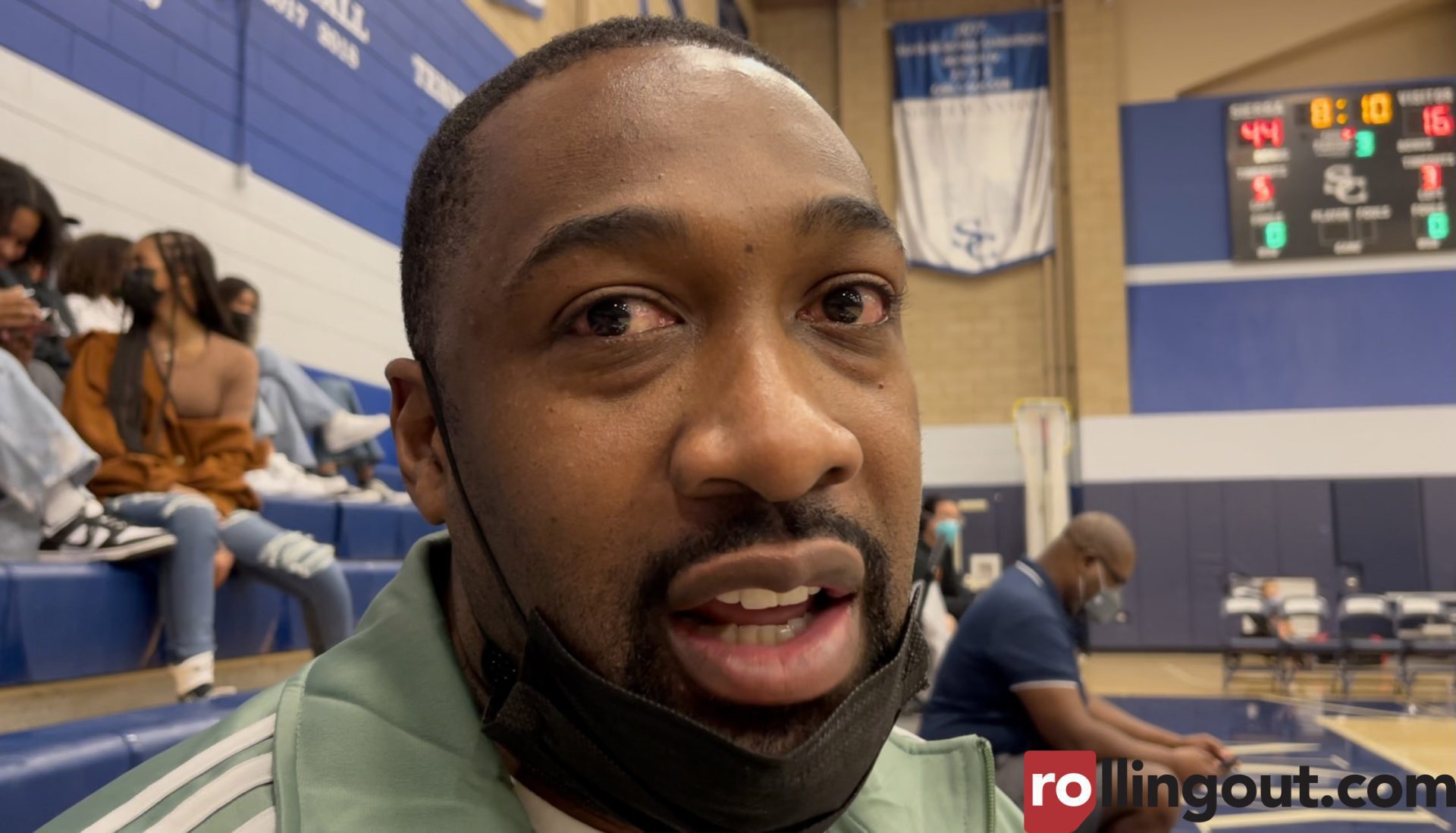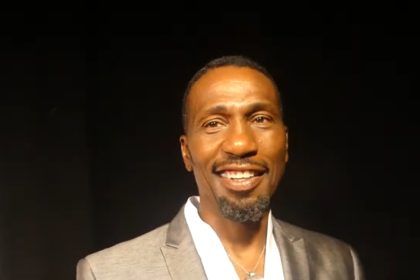The basketball world erupted in disbelief when news broke that the New York Knicks had parted ways with head coach Tom Thibodeau, the man who orchestrated their most successful run in decades. The decision sent shockwaves through Madison Square Garden and beyond, leaving fans, players and analysts grappling with a move that seemed to defy conventional wisdom.
Thibodeau’s dismissal came just months after he guided the Knicks to their first conference finals appearance in 25 years, a feat that many thought would guarantee his job security. Instead, the franchise chose to embark on yet another coaching search, adding another chapter to their tumultuous organizational history.
The timing of this decision has sparked intense debate across social media platforms and sports talk shows nationwide. Critics argue that the Knicks acted with characteristic impatience, while supporters believe the move was necessary for long-term success. What everyone agrees on is that this decision will have far-reaching implications for one of the NBA’s most scrutinized franchises.
The rise and fall of the Thibodeau era
When Thibodeau arrived in New York five seasons ago, the Knicks were widely regarded as one of the league’s most dysfunctional organizations. The team had become synonymous with disappointment, poor management decisions and a culture that seemed toxic to player development.
Thibodeau transformed that narrative almost immediately. His defensive-minded approach and intense work ethic resonated with a fanbase hungry for respectability. The coach implemented a system that maximized effort and accountability, turning previously underperforming players into valuable contributors.
The results spoke for themselves. Under Thibodeau’s guidance, the Knicks became a legitimate playoff contender and eventually broke through to reach the conference finals. The achievement represented the culmination of years of patient roster building and strategic planning.
However, beneath the surface success, cracks were beginning to show. Reports emerged throughout the season suggesting tension between Thibodeau and several key players. The coach’s demanding style, which had initially been welcomed as a necessary culture change, was reportedly wearing thin on some members of the roster.
Player concerns mount behind the scenes
The most significant red flag came when star forward Mikal Bridges approached Thibodeau midway through the season with concerns about playing time distribution. Bridges, known for his professionalism and team-first attitude, reportedly urged the coach to reduce minutes for the starting lineup to prevent burnout and injury.
This conversation highlighted a fundamental philosophical divide that would ultimately contribute to Thibodeau’s downfall. The coach’s reputation for overworking his top players had followed him throughout his career, creating skepticism among agents and players across the league.
Thibodeau’s approach stems from his belief that conditioning players for the rigors of playoff basketball requires pushing them during the regular season. He argues that this preparation gives teams a competitive advantage when games matter most. Critics counter that this philosophy increases injury risk and leads to player dissatisfaction.
The situation became more complicated when other veterans began echoing Bridges’ concerns privately. Players expressed frustration with Thibodeau’s tendency to rely heavily on shortened rotations, often limiting meaningful playing time to just seven or eight players per game.
The Derrick Rose factor looms large
Perhaps no relationship better illustrates the concerns surrounding Thibodeau‘s coaching methods than his history with former MVP Derrick Rose. During their time together in Chicago, Rose suffered devastating knee injuries that many attribute to the excessive minutes he logged under Thibodeau’s system.
Rose, who became the youngest MVP in NBA history at age 22, saw his career trajectory altered permanently by those injuries. The sight of the explosive point guard reduced to a role player became a cautionary tale that followed Thibodeau to subsequent coaching stops.
This history created additional pressure on Thibodeau in New York, where Rose briefly reunited with his former coach. Every time a Knicks player showed signs of fatigue or minor injury, critics would point to the Rose situation as evidence of Thibodeau’s inability to adapt his methods.
The coach consistently defended his approach, arguing that proper conditioning prevents injuries rather than causing them. He maintained that players who embrace his system become more durable over time, not less. However, the perception problems persisted throughout his tenure with the Knicks.
Playoff adjustments came too late
Ironically, Thibodeau began showing more flexibility with his rotations during this year’s playoff run, but the changes may have come too late to save his job. For the first time in his coaching career, he regularly utilized bench players in crucial situations and showed willingness to adjust his game plans based on matchups.
These adjustments proved effective in several key games, helping the Knicks extend their playoff run longer than many expected. However, front office executives reportedly viewed the changes as evidence that Thibodeau could have been more flexible all along.
The timing of these adjustments frustrated team management, who had been advocating for deeper rotations throughout the regular season. They believed that implementing these changes earlier could have prevented some of the player fatigue issues that plagued the team down the stretch.
Additionally, the fact that Thibodeau only made these adjustments when facing elimination suggested to critics that he was more concerned with preserving his coaching philosophy than maximizing the team’s chances of success.
What this means for the franchise moving forward
The Knicks now face the challenging task of finding a replacement who can build upon Thibodeau’s achievements while addressing the issues that led to his dismissal. The ideal candidate would need to maintain the defensive identity and work ethic that Thibodeau established while bringing a more collaborative approach to player management.
Several high-profile candidates have already been linked to the position, each bringing different strengths and philosophies. The choice will likely reflect the organization’s priorities and vision for the future.
Team president Leon Rose faces immense pressure to get this hire right. The Knicks cannot afford another coaching carousel that sets back their progress and damages their reputation with players around the league. The next coach must be someone who can work effectively with the current roster while attracting future talent.
The decision also sends a message about the organization’s commitment to player input and modern coaching methods. By parting ways with Thibodeau despite his success, the Knicks are signaling that they value long-term sustainability over short-term achievements.
The search for a new identity begins
As the coaching search unfolds, the Knicks must carefully balance multiple competing priorities. They need someone who can maintain their defensive improvement while developing a more dynamic offensive system. The coach must be demanding enough to maintain accountability while flexible enough to adapt to different situations.
Perhaps most importantly, the next coach must be able to manage personalities and build consensus within the locker room. The Thibodeau era demonstrated that talent and tactical acumen alone are not sufficient for sustained success in today’s NBA.
The franchise’s decision to move on from Thibodeau represents both an end and a beginning. While his contributions to the organization’s revival cannot be ignored, the Knicks are betting that they can achieve even greater success with a different approach.
Only time will tell whether this gamble pays off, but one thing is certain: the basketball world will be watching closely as the Knicks attempt to build upon their recent success while charting a new course for the future.


